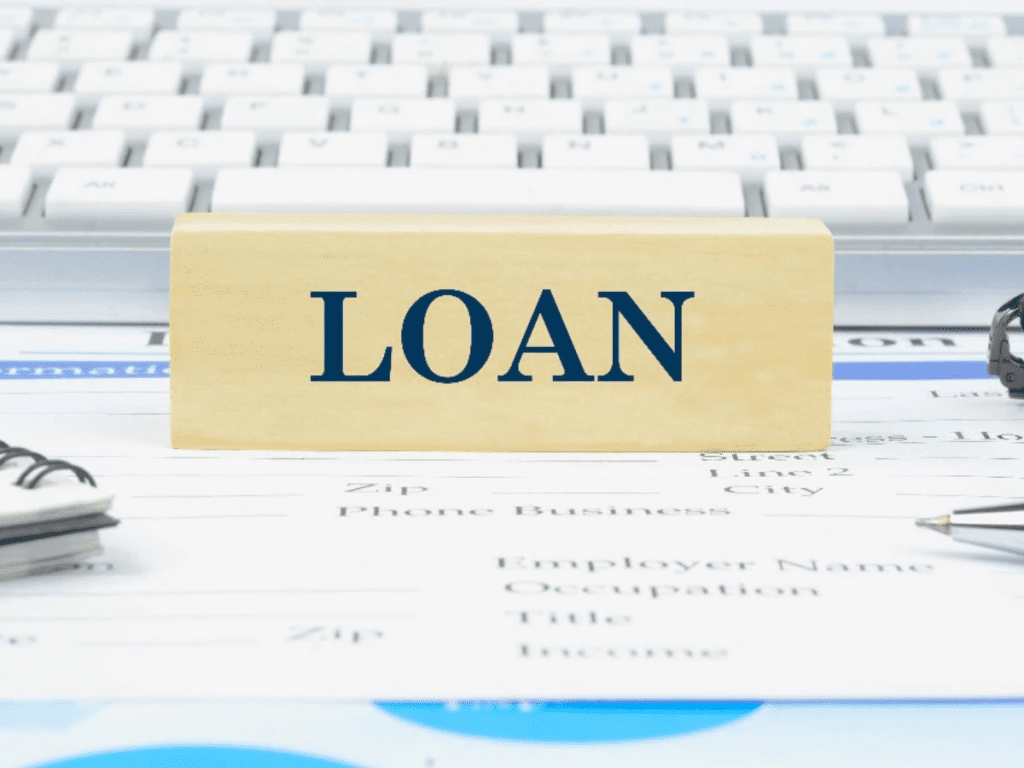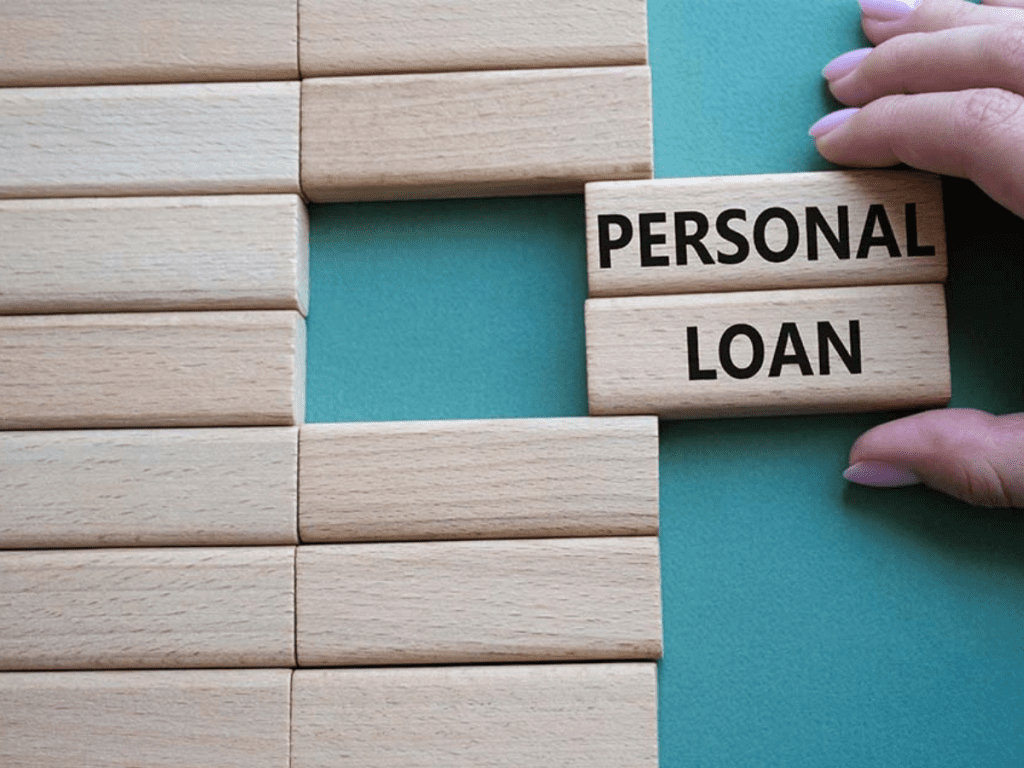Introduction
Financial emergencies can strike at any time, leaving you feeling overwhelmed and uncertain about how to handle the situation. Whether it’s an unexpected medical bill, car repair, or an urgent home repair, the immediate need for funds can create stress and anxiety. In these situations, personal loans can be a lifeline, offering quick financial relief and a way to manage unforeseen expenses without derailing your long-term financial stability.
A personal loan is a type of unsecured loan that can be used for various purposes, including covering emergency expenses. Unlike other types of loans, such as mortgages or car loans, personal loans don’t require collateral, which makes them an appealing option when you need funds quickly. In this article, we will explore how personal loans can provide fast financial relief in emergencies, how to use them wisely, and the factors you should consider before applying for one.
Understanding Personal Loans
Personal loans are typically offered by banks, credit unions, and online lenders. They are unsecured loans, meaning you don’t need to pledge any assets as collateral. These loans usually come with fixed interest rates and a set repayment schedule, making it easier to plan your finances. The loan amount, repayment term, and interest rate are determined based on factors like your credit score, income, and financial history.
While personal loans can be used for a wide range of purposes, they are often chosen for emergencies because they provide a quick and flexible solution to urgent financial needs. The process of applying for a personal loan is typically straightforward, and in many cases, you can receive the funds within a few days, sometimes even within hours.
How Personal Loans Can Help in Emergencies
- Covering Unexpected Medical Expenses
One of the most common types of financial emergencies is medical expenses. Whether it’s an unexpected illness, an accident, or a medical procedure that wasn’t covered by insurance, the costs can quickly add up. Personal loans can provide the necessary funds to pay for these medical bills, allowing you to focus on recovery rather than worrying about how to cover the expenses. Many personal loans offer quick approval processes, so you can get the money you need without delay.
- Handling Emergency Home Repairs
Home repairs, such as fixing a leaking roof, repairing a broken furnace, or addressing a plumbing issue, often require immediate attention to prevent further damage. These types of repairs can be expensive, and if you’re not prepared with savings, a personal loan can help you cover the costs. With a personal loan, you can quickly obtain the necessary funds to address the issue, preventing it from worsening and saving you from more significant expenses down the road.
- Covering Car Repairs and Replacements
If your car breaks down unexpectedly, it can disrupt your daily life and work routine. Emergency car repairs can be expensive, especially if your vehicle is old or the damage is extensive. A personal loan can provide the funds you need to get your car repaired or replaced quickly, ensuring that you’re back on the road as soon as possible. Since personal loans are typically unsecured, you don’t have to worry about using your car as collateral, and you can often get approval quickly.
- Managing Job Loss or Unexpected Income Gaps
Losing a job or experiencing an income gap can create immediate financial strain. In these situations, a personal loan can help bridge the gap by providing you with the funds you need to cover essential expenses, such as rent, utilities, groceries, and other bills. While it’s always ideal to have an emergency fund, not everyone is prepared for a sudden loss of income. A personal loan can give you the financial breathing room you need while you search for a new job or get back on your feet.
- Paying for Emergency Travel or Relocation
Sometimes, emergencies require immediate travel, such as a family member falling ill, the death of a loved one, or other urgent matters that require your presence. Personal loans can help cover the costs of emergency travel, including airfare, accommodation, and transportation. Additionally, if you’re faced with a sudden relocation due to work or personal circumstances, a personal loan can provide the necessary funds to manage the moving expenses.
- Consolidating Debt
In some cases, an emergency may be compounded by existing debt. For example, if you already have credit card debt or other outstanding loans, an emergency situation can make it difficult to stay on top of your payments. A personal loan can be used to consolidate multiple debts into a single loan with a fixed interest rate, simplifying your financial situation and making it easier to manage your payments. Debt consolidation can reduce your overall interest payments and help you get back on track financially.
Advantages of Using a Personal Loan in an Emergency
- Quick Access to Funds
One of the most significant advantages of a personal loan in an emergency is the speed at which you can access the funds. Traditional loans, such as mortgages or home equity loans, can take weeks to process, but personal loans are designed to be fast. Many lenders offer online applications that can be completed in minutes, and once approved, the funds can be deposited into your account within a few business days. Some lenders even offer same-day or next-day funding for qualified applicants.
- Flexible Loan Amounts
Personal loans offer flexibility in terms of loan amounts, allowing you to borrow just the amount you need to cover your emergency expenses. Whether you need a few hundred dollars for an unexpected bill or several thousand dollars for a major repair, personal loans can accommodate a wide range of borrowing needs. The ability to choose the loan amount based on your specific situation makes personal loans a convenient option for emergencies.
- Fixed Interest Rates and Repayment Terms
Unlike credit cards or other types of loans with variable interest rates, most personal loans come with fixed interest rates. This means that your monthly payments will remain the same throughout the life of the loan, making it easier to budget and plan your finances. Fixed repayment terms also ensure that you know exactly when your loan will be paid off, providing greater financial certainty.
- No Collateral Required
Because personal loans are unsecured, you don’t need to put up any assets, such as your home or car, as collateral. This is particularly beneficial in an emergency when you may not have any valuable assets to use. With an unsecured loan, you can access funds without the risk of losing property if you are unable to repay the loan.
- Improved Credit Score Potential
If you manage your personal loan responsibly and make timely payments, it can positively impact your credit score. Personal loans are reported to credit bureaus, and consistent, on-time payments can help improve your credit over time. This can be beneficial in the long run if you’re looking to secure other loans or credit in the future.
Things to Consider Before Applying for a Personal Loan
While personal loans can offer quick financial relief in an emergency, they also come with responsibilities. Before applying for a personal loan, it’s essential to consider the following factors:
- Interest Rates and Fees
Personal loans come with interest rates that can vary depending on your credit score, the lender, and the loan amount. It’s important to compare interest rates from multiple lenders to ensure you’re getting the best deal. Additionally, some personal loans may come with origination fees or other charges, so it’s crucial to factor these costs into your decision-making process.
- Repayment Terms
Personal loans typically have fixed repayment terms, which means you will be required to make monthly payments for a set period, usually between one and seven years. Make sure you are comfortable with the repayment schedule and that it aligns with your ability to repay the loan without straining your finances.
- Credit Score Requirements
Your credit score plays a significant role in determining the interest rate and loan terms you’ll receive. While personal loans are often available to individuals with average or even below-average credit scores, the best rates are typically offered to those with good to excellent credit. If your credit score is lower than you’d like, you may want to consider working to improve it before applying for a personal loan, or you may need to accept a higher interest rate.
- Loan Amount
Be mindful of the loan amount you request. While it may be tempting to borrow more than you need, it’s important to only borrow what you can realistically afford to repay. Borrowing too much can lead to financial strain and difficulty in managing your loan payments.
- Your Ability to Repay the Loan
Before applying for a personal loan, take a close look at your financial situation to ensure that you will be able to make the required monthly payments. While a personal loan can provide relief in the short term, it’s important to consider how it will fit into your overall budget and whether you can manage the repayments without jeopardizing your financial health.
Conclusion
In times of financial emergency, personal loans can provide the quick relief you need to cover unexpected expenses and navigate through challenging situations. They offer flexible loan amounts, fast access to funds, and fixed repayment terms, making them an appealing option when you need money fast. However, it’s essential to carefully evaluate your financial situation, the loan terms, and your ability to repay the loan before moving forward. By using personal loans responsibly, you can address emergencies without putting your long-term financial stability at risk.

